How Female Bullying Has Changed Since the ‘Mean Girls’ Era
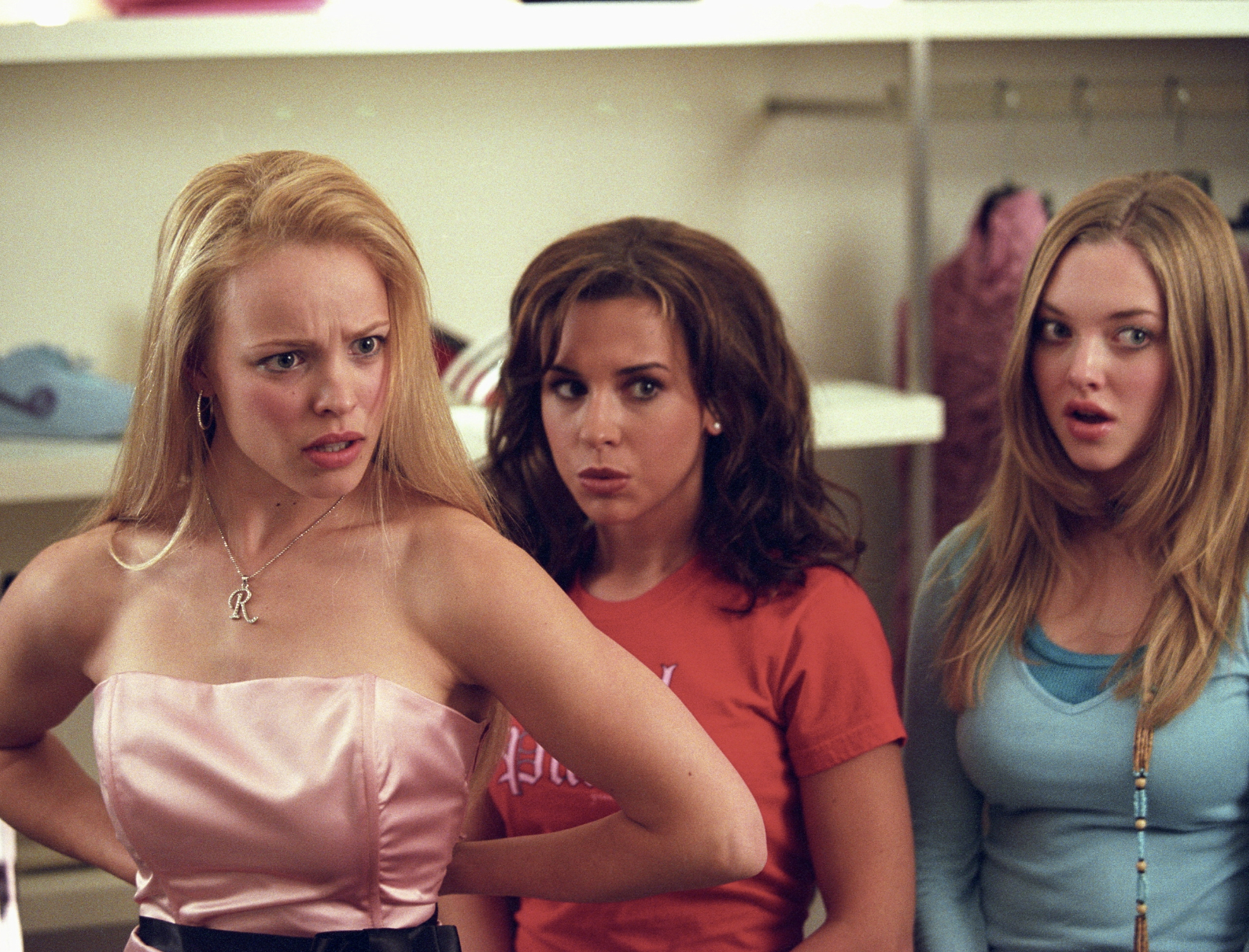
Lauren Paul and Molly Thompson created a documentary about bullying when they were seniors in college. But their passion for the subject eventually grew into an entire way of life. Now, they run The Kind Campaign, a non-profit that brings awareness and healing to the negative and lasting effects of girl-against-girl bullying through in-school assemblies and educational curriculums. Paul and Thompson sat down with Pia Baroncini on Everything Is the Best to reflect on how the landscape of female bullying has transformed since the early days of their advocacy.
“We did our first interviews in 2008,” Paul and Thompson explain, “and it was when bullying was still very much swept under the rug, even accepted as the rite of passage that you have to go through when you’re in middle school or high school, or even just as women.”
Around the same time, “the media and news outlets started talking about bullying and profiling these heartbreaking stories of kids committing suicide. And all of a sudden, it was this national conversation. And we were 21, had just started this thing and we were just doing what we could. We had just finished the film when all of a sudden everyone started talking about it.”
What distinguished The Kind Campaign was their refusal to accept bullying as inevitable. They made a statement: that bullying “didn’t have to be our normal way of growing up, this rite of passage.”
They quickly caught the attention of mainstream programs like Oprah and Dr. Phil because they were “kind of the only thing that existed.” Before long, they were doing an extensive 45-minute segment with Ryan Seacrest on KISS FM “in the morning, when everyone’s driving their kids to school.”
Thompson and Paul believe public awareness around bullying has changed since they started the Kind Campaign, but that doesn’t mean that bullying has gone away. Now, “this is a topic that people know. ‘It’s not okay to treat people unkindly. It’s not okay to gossip,’” the founders observe. But kids’ brains are different than they were 16 years ago, due to a combination of social media and COVID-19.
Baroncini said she’d heard from friends who worked in high schools that the girls who came of age during the pandemic lockdown are particularly “f***ing brutal.” Paul and Thompson confirmed this observation: ”The schools had never seen this intense, open, shameless bullying happening, especially on social media.”
Kindness—or bullying—begin at home
One crucial factor in preventing harmful behavior is by modeling good behavior at home, especially from mothers. Baroncini, now a parent herself, has made an effort to stop having “gossipy conversations in the car with my friends” and sharing screenshots of privater conversations. What your kids see you do at home, says Baroncini, is building “groundwork for a sense of empathy and accountability.”
Thompson and Paul agree. “It’s also showing them that they’re not alone. And that there’s tools to move through this,” they add. After all, interpersonal conflict is “going to come up for the rest of your life.”
You’re not going to get along with everyone
Another issue that the Kind Campaign creators have observed is that women and girls are not taught to handle negative feelings in a direct manner.
“The messaging that little girls receive from the moment they’re born is just like, ‘They’re so sweet,’ and ‘they’re so nice.’ And I feel like often because of that, they don’t know how to handle these situations,” they explained. “They don’t know how to have a healthy conversation, how to confront something in a respectful way, and also how to protect themselves and their space when they’re being treated in a specific way.”
Being “nice” all the time makes it hard to stand up for yourself or exit a bad situation. “That’s something that we’ve been talking about more and more over the last couple of tours is just empowering these girls to know when to leave a friendship. That they don’t have to stay in a friendship.”
How do Kind Campaign assemblies work?
What continues to inspire the founders after years of work is witnessing how quickly authentic vulnerability can shift an entire room’s atmosphere. “It’s unbelievable how, as soon as one person gets vulnerable and talks about it, everybody’s tough layer dissolves. And everybody just wants to be seen and heard. And everybody wants to be friends with one another.” Thompson and Paul joked, “They don’t mean to be little bitches to each other, you know?”
Their in-school programs utilize exercises that might feel reminiscent of Mean Girls—though they joke that none of the kids from this generation have seen the movie. (Ouch, that one makes us feel old.)
“We’ll say, ‘raise your hand if you’ve ever been negatively affected by something that another female person has said or done to you.’ All the hands in the room will go up.” Then they add, ‘Keep your hands raised if you’ve ever been the one to hurt another person.’ So it’s like a bit of a spin on that Mean Girls moment. And it works. They all look around, like, ‘Oh, okay, me too.’”
After showing their documentary and doing some icebreakers, the girls write a “pledge.” Every girl writes a personal pledge for change, shares with their peers, and writes an apology to someone. “It’s amazing to see how much healing takes place,” says Paul. She describes a recent assembly in England where two girls who had been in conflict for over four years were observed “sitting on the steps handing each other apology cards and talking and crying and embracing,” a breakthrough that eluded school counselors for years.
Does this apply to grown women?
The broader culture around how women communicate is changing too. While media still occasionally manufactures conflicts between prominent women (like Gwyneth Paltrow and Meghan Markle being randomly pitted against each other), “there is also simultaneously a conversation happening parallel to that experience where women are using their voices and are connecting and the whole movement of female women empowerment that really kind of started bubbling up just after we started this. Which is amazing.”
Paul and Thompson encourage parents to talk to their kids about conflict. “You can have a conversation with them about it. ‘If you have feelings about someone, you don’t have to share that with them,’” they suggest telling kids. “‘You can just be respectful to yourself and to them and like not make it blow up into this big campaign against someone.’”
Although bullying has changed with social media, Paul and Thompson still have reason to feel hopeful. “When we started this, these conversations just weren’t happening. Not just with bullying, but mental health, neurodivergent people, like anything across the spectrum of human experience, like nothing was really discussed.”
“Look at what we’re talking about now, in a space that so many people listen to. And that all trickles down to kids and they’re hearing it too,” Paul says. “So as much as the world freaks me out these days on so many levels and it scares me to raise kids in this time, I’m also encouraged that my kids are being brought up in a time where I know they’re going to school and kids are a little more open-minded than they used to be.”
For more conversations with founders and game-changers, listen to Everything Is the Best with Pia Baroncini.





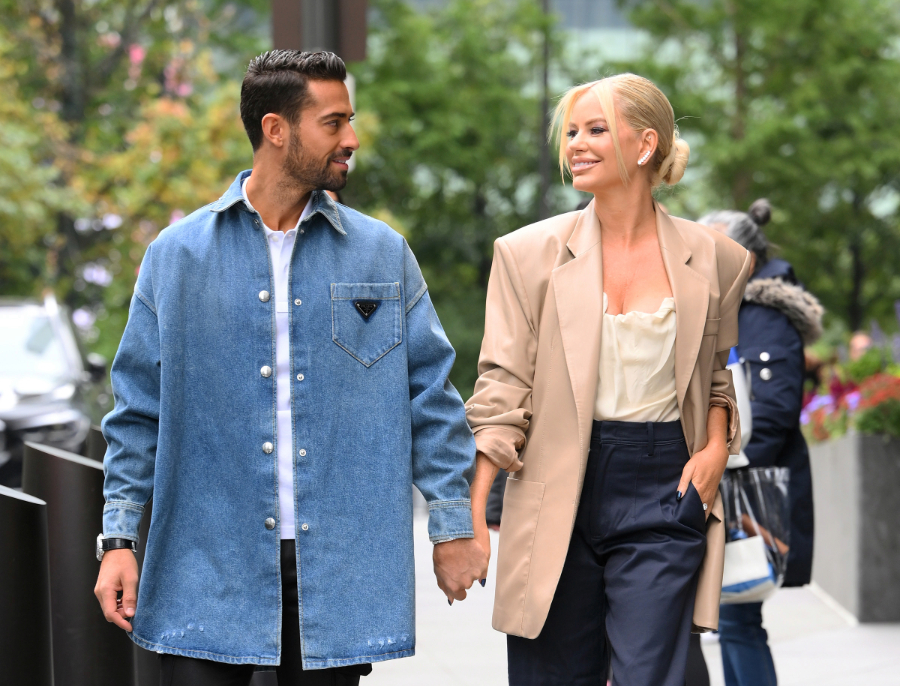

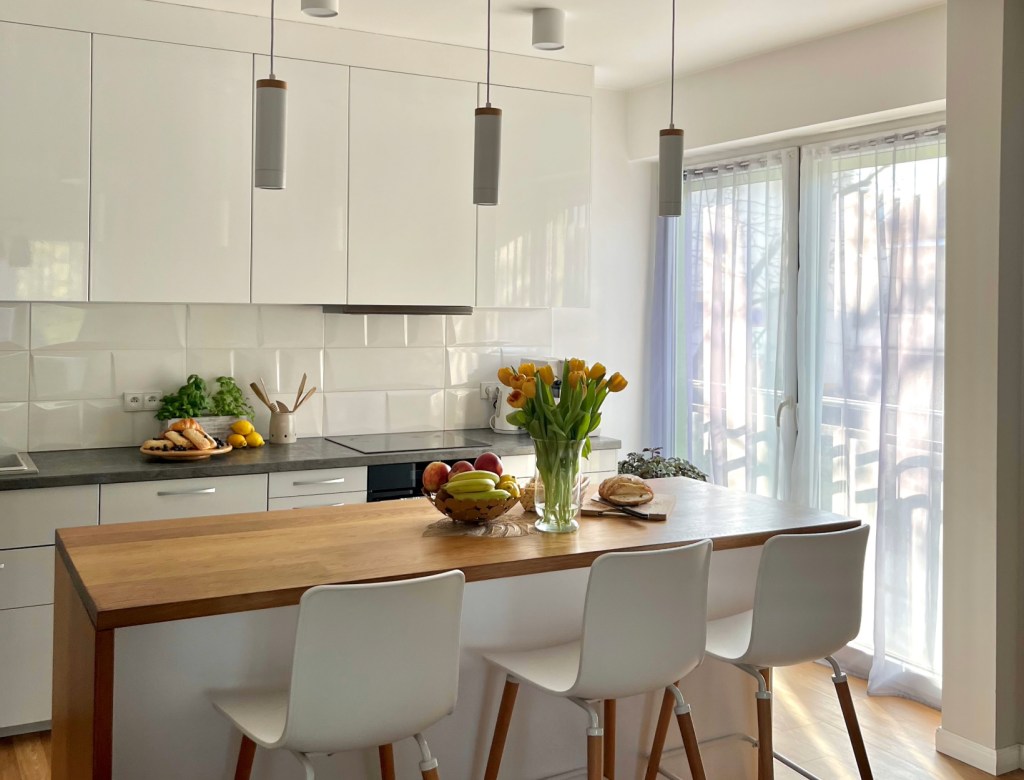
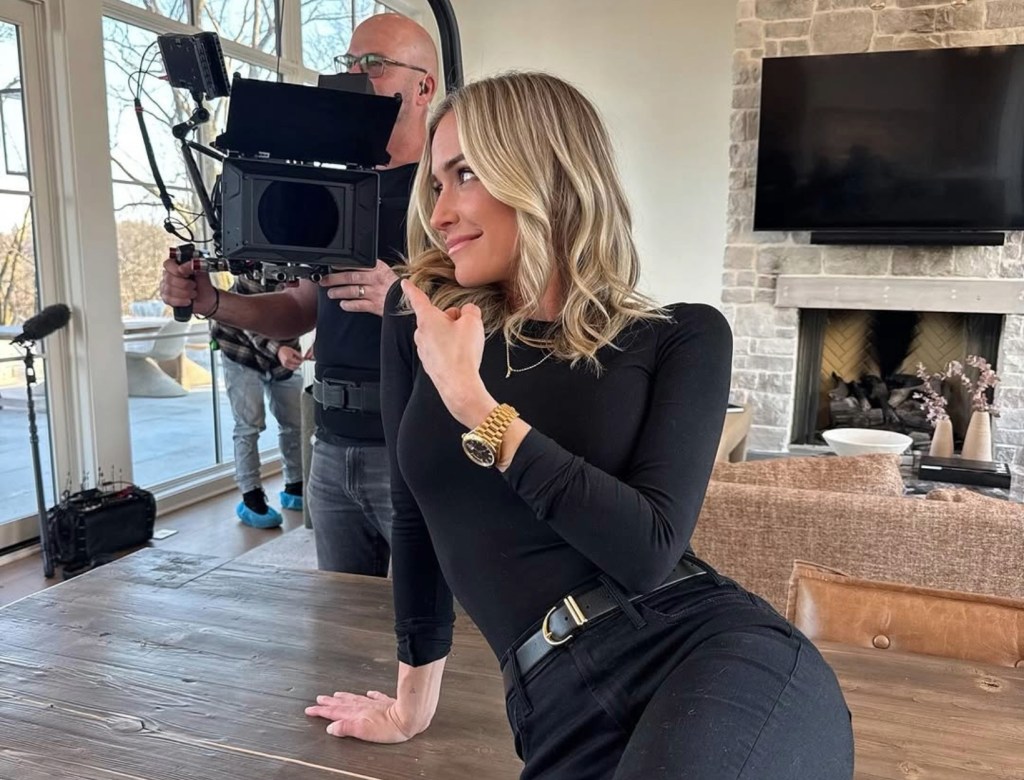









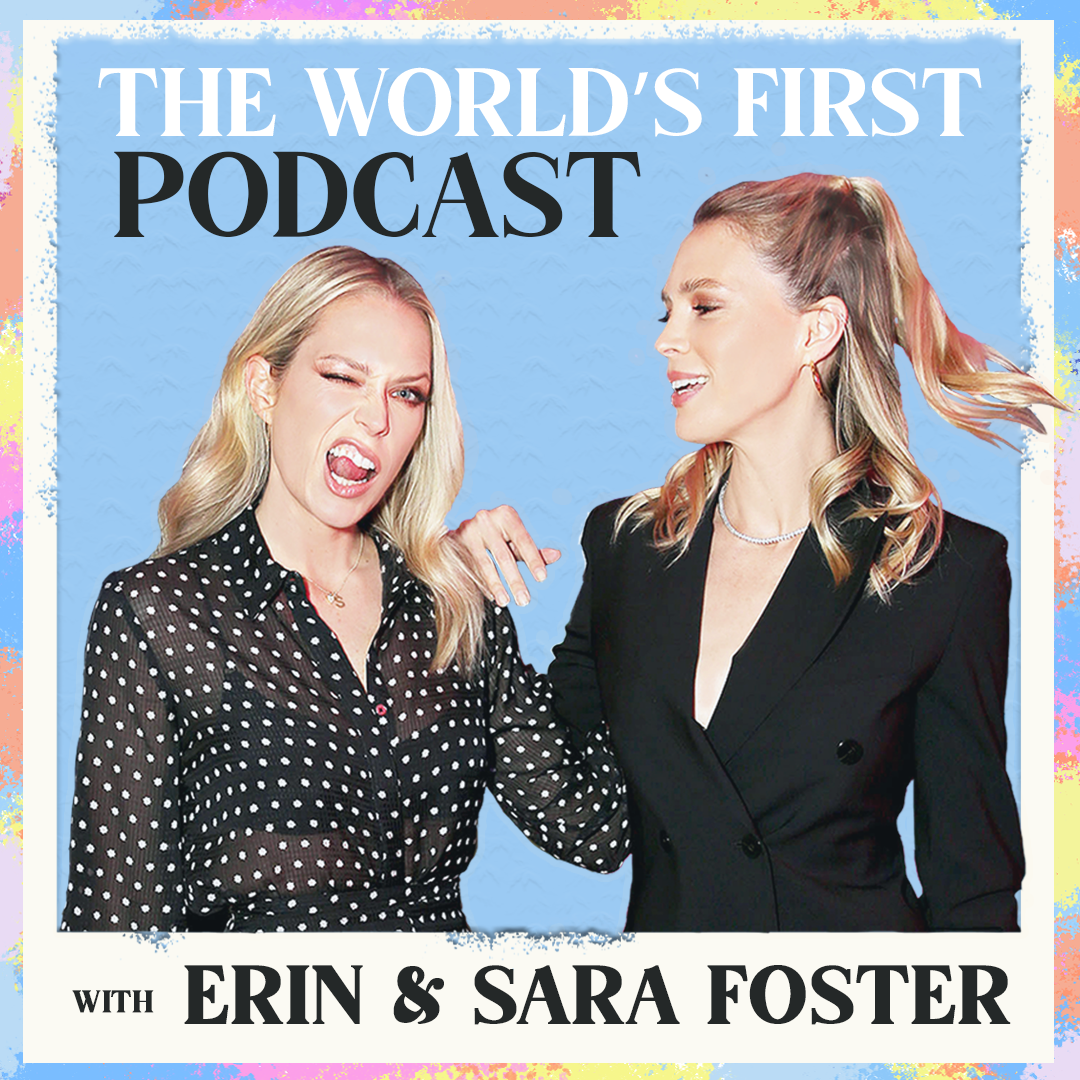

Leave a Reply